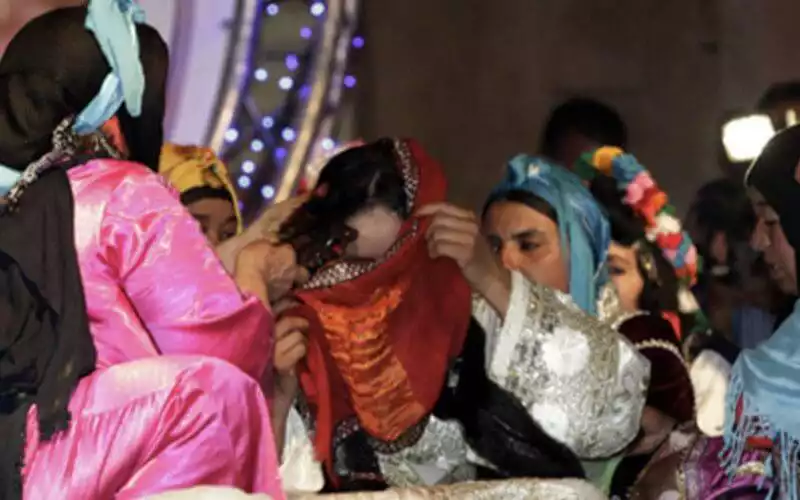Family Code: Morocco torn between modernity and traditions

Two decades after the Moudawana of 2004, the new reform of the Family Code seeks to reconcile human rights and the Islamic framework. But the result, between ideological compromises and legal silences, reveals deep contradictions.
Twenty years after the entry into force of the Moudawana, the reform of the Family Code is once again on the table. Announced by King Mohammed VI in 2022, this overhaul is supposed to correct the shortcomings of a text considered out of step with the evolution of Moroccan society. But between constitutional commitments, international treaties and religious references, Morocco is struggling to make a decision. Result: a reform project that is both promising... and unfinished.
Article 19 of the 2011 Constitution enshrines gender equality and the state’s commitment to parity. It even creates an Authority for Parity and the Fight against Discrimination. The preamble of the Constitution also affirms the primacy of ratified international conventions over domestic law. However, these principles are systematically tempered by the need to respect the "constants of the Kingdom", including the Muslim religion.
This dual framework creates major tensions in the reform of family law. Thus, some recommendations put forward by democratic institutions (Parliament, National Council for Human Rights, civil society) are rejected or watered down when they conflict with the traditional interpretation of religious texts. This is the case with the introduction of DNA testing as proof of filiation, equal inheritance between men and women, or the absolute prohibition of the marriage of minors.
As an example, parity in inheritance is expressly rejected by the Council of Ulema, who invoke the verses of the Quran and the principle of qiwâma (the man’s financial responsibility). This rejection occurs even though Morocco has lifted its reservations to the Convention on the Elimination of All Forms of Discrimination against Women (CEDAW).
In other cases, the reform attempts ambiguous compromises. This is the case with the age of marriage, set at 18 years, but with an exception maintained at 17 years by decision of the judge, which risks perpetuating the abuses denounced for years.
We can therefore see the limits of the patriarchal model in a society undergoing rapid change. Morocco is experiencing rapid urbanization, the rise of the nuclear family, a decline in fertility and an increasing participation of women in the labor market. Yet the structure of family law continues to be based on a male/female hierarchy stemming from an old order.
The reform of the Family Code could have marked a decisive turning point towards substantive equality. But as it stands, it mainly gives the image of a text prisoner of a political and symbolic balance, which tries to accommodate both the modernist and conservative camps without going all the way with structural reforms.
Related Articles
-

Miracle at Sea: Moroccan Diver Survives 170km Drift, Rescued Off Spanish Coast
29 August 2025
-

Deadly Night Crash: 8 Killed as Truck Collides with Taxi on Moroccan Highway
29 August 2025
-

Global Crackdown: Moroccan Travelers Face Mounting Restrictions Amid Immigration Concerns
29 August 2025
-

EU Banking Reforms Threaten Billion-Dollar Remittances to Morocco, Sparking Financial Sector Shake-up
29 August 2025
-

Bizarre 165-Million-Year-Old Armored Dinosaur Unearthed in Morocco Stuns Scientists
29 August 2025